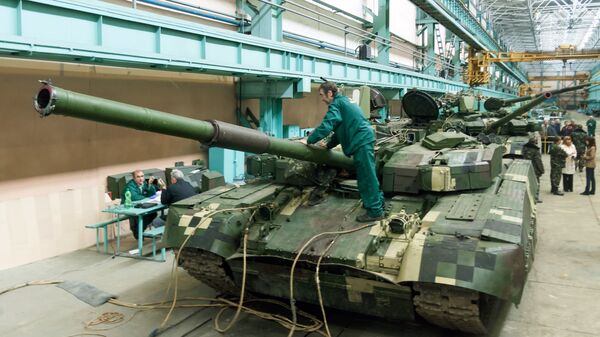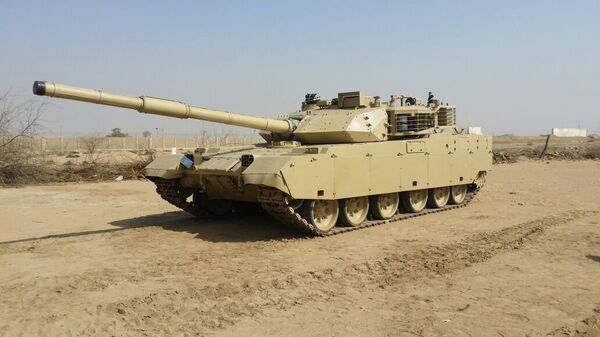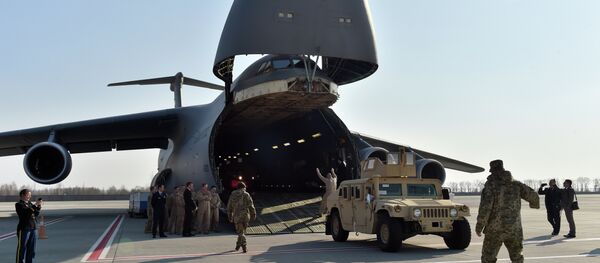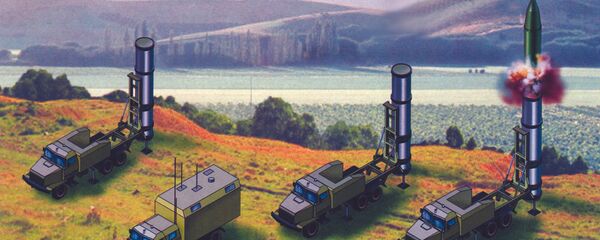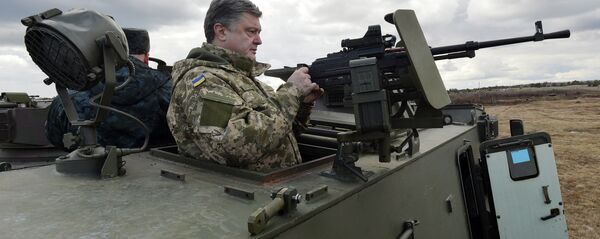In 2011, Thailand signed a $241 million contract with the Kharkiv-based Malyshev Factory on the delivery of 49 T-84 'Oplot' ('Stronghold') MBTs. The tanks were meant to become the backbone of Thailand's tank forces, replacing the army's 1957-vintage US-made M-41s, which are set to be decommissioned.
However, after being plagued by never-ending problems with the delivery of the Ukrainian tanks, the Thai Defense Ministry has apparently decided to cancel the contract.
Speaking to Thai media, Defense Minister Prawit Wongsuwan confirmed that the contract with Ukraine had become a key problem in efforts to modernize Thailand's army, and that it was the result of Ukraine's present internal situation.
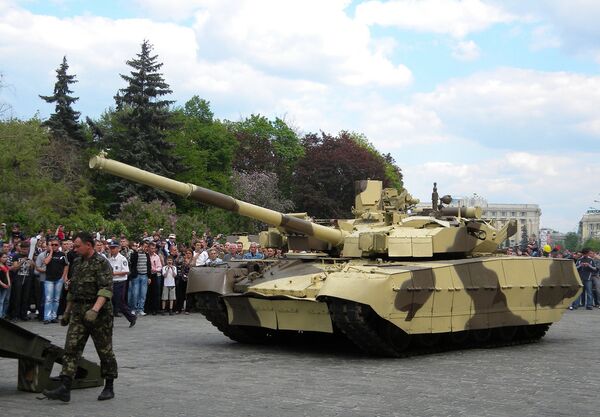
In the five years since the tank deal was signed, Malyshev Factory has only provided Bangkok with about 20 T-84s, as of the end of 2016, despite the fact that the deadline was originally set for 2014. Malyshev Factory faces several serious problems, among them the lack of qualified personnel. In 2015, the plant did not produce a single T-84. At that time, Kiev asked the Thai side to postpone the delivery until October 2017.
In place of the T-84s, Thailand has plans to buy the VT-4, a third generation Chinese MBT built by heavy machinery manufacturer Norinco. Bangkok has already signed a contract with China on the delivery of 28 VT-4s, with room in the contract for further deliveries in the future.
General Chalermchai Sittisat confirmed that Thailand and China are also mulling a joint venture on the production of weapons and military equipment in Thailand.
Thai officials explained that the decision to go with China instead of the US and other Western weapons makers was made out of budgetary considerations, with Chinese equipment thought to have a superior price-quality ratio. Furthermore, Washington has had restrictions in place preventing the delivery of weapons to Bangkok since the 2014 Thai coup.
The Malyshev Factory has denied reports on the contract's cancelation. On Tuesday, a spokesperson for the plant told Ukrainian media that the company hasn't received any official information regarding the termination or revision of the contract, and said that as of this moment, Malyshev Factory plans to complete it in accordance with the previously approved schedule.
Speaking to the news and analytical site Ukraina.ru, military analyst Vladislav Shurigin suggested that Bangkok's apparent decision to terminate the deal is an indication of the poor state of Ukraine's military-industrial complex today. It's a sign, he said, that many of the claims made by officials in Kiev about Ukraine having 'the best missiles', the 'best army in Europe', and 'the best equipment and weaponry' in general are not consistent with the real state of affairs.
Furthermore, the military analyst noted, "the tactical and technical characteristics of the tanks do not coincide with the declared characteristics, because Ukraine faces a deficit in the special mechanisms used for guidance systems. Kiev simply does not have them, and is not capable of producing them today. Accordingly, [guidance] parameters are downscaled, and precise guidance to the target becomes almost impossible." Accordingly, Shurigin noted, unfortunately, the Ukrainian armored vehicles which are produced today can be characterized as little more than "useless scrap."
